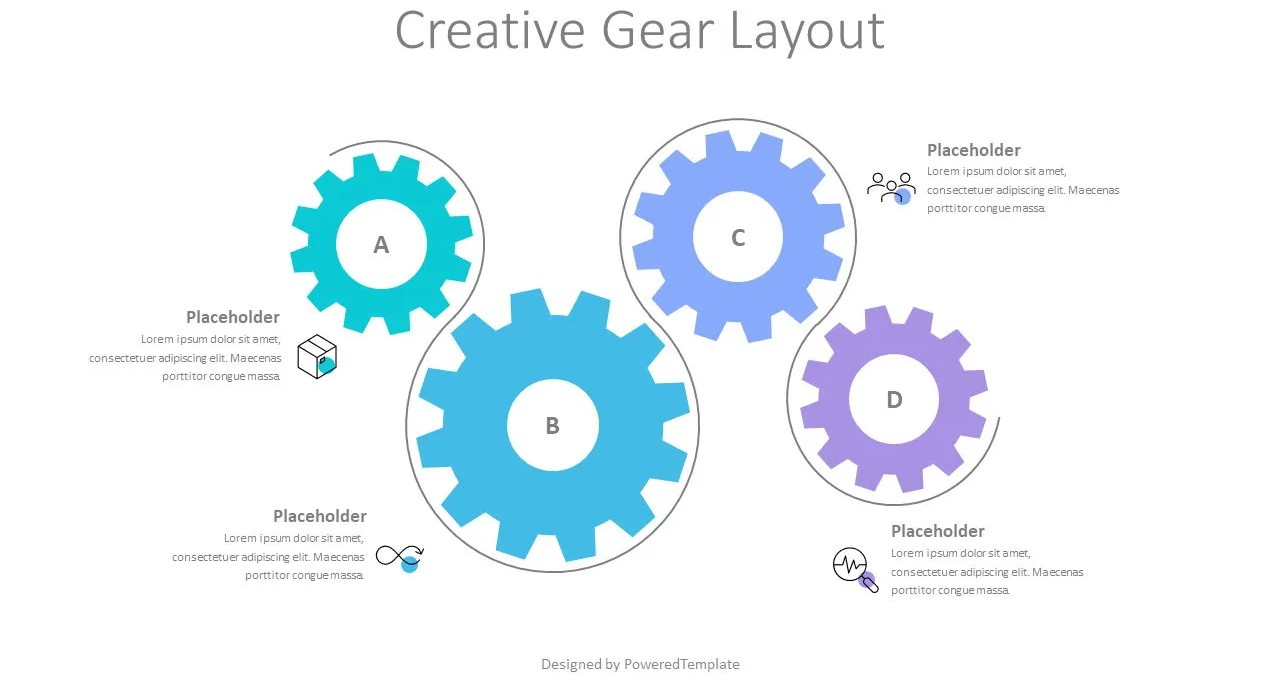If you’re taking the time to dig through this guide, then every point is important. Don’t start skimming; read it carefully – each point is building upon the other. And we promise that, by the end of it, you’ll really want to take notice of the last tip. It’s easily the most salient one of all! So don’t miss out and make sure to give it your full attention.
1. Understand Your Audience
The first step in presenting complex concepts is to understand your audience. Who are they? What do they already know about the subject? What is their level of expertise? By understanding your audience, you can tailor your presentation to their needs and ensure that you are communicating in a way that is accessible and engaging.
2. Start With the Big Picture
When presenting complex concepts, it can be tempting to dive straight into the details. However, it is often more effective to start with the big picture and provide an overview of the subject. This can help your audience to contextualize the information and understand how the details fit together.
3. Use Analogies and Metaphors
Analogies and metaphors can be powerful tools for presenting complex concepts.

By comparing the concept to something that is more familiar, you can help your audience to grasp the key ideas more easily. For example, you might compare the process of photosynthesis to a factory that takes in raw materials and produces a final product.
4. Visual Aids
Visual aids can be particularly useful when presenting complex concepts. They can help to illustrate key points, break down complex information into manageable chunks, and keep your audience engaged. Some examples of visual aids include graphs, diagrams, and videos.
5. Break it Down
Breaking complex concepts into smaller, more manageable parts can make them easier to understand. Consider using a step-by-step approach, dividing the subject into distinct stages or processes. This can help your audience to focus on each stage individually and avoid becoming overwhelmed by the complexity of the subject.
6. Keep it Simple
When presenting complex concepts, it is important to keep your language simple and avoid using jargon or technical terms unless absolutely necessary. Use clear, concise language and avoid overloading your audience with too much information at once.
7. Use Examples
Examples can help to bring complex concepts to life and make them more relatable. Use real-world examples to illustrate key points and show how the concept applies in practice.
8. Q&A Session: be prepared
A successful Q&A session requires preparation on the part of the speaker. The most important tip? Be prepared!

Writing down questions ahead of time will ensure that you won’t be caught off guard when a particularly challenging one is posed. Thinking through and rehearsing your answers beforehand is also key – a well-crafted response will build trust among listeners while showing off your knowledge in a confident yet professional way. Being adequately prepared sets yourself up for a successful and meaningful Q&A session.
9. Practice, Practice, Practice
Finally, practice is essential for effective communication. Rehearse your presentation multiple times to ensure that you are comfortable with the material and can deliver it confidently. This will also give you the opportunity to identify any areas that may be confusing or difficult for your audience so that you can adjust your presentation accordingly.
Presenting Complex Concepts: Conclusion
In conclusion, presenting complex concepts can be challenging, but with the right approach, it is possible to communicate even the most complicated ideas effectively. By understanding your audience, starting with the big picture, using analogies and visual aids, breaking the subject down, keeping your language simple, using examples, and practicing your delivery, you can create a presentation that is engaging, informative, and memorable.

